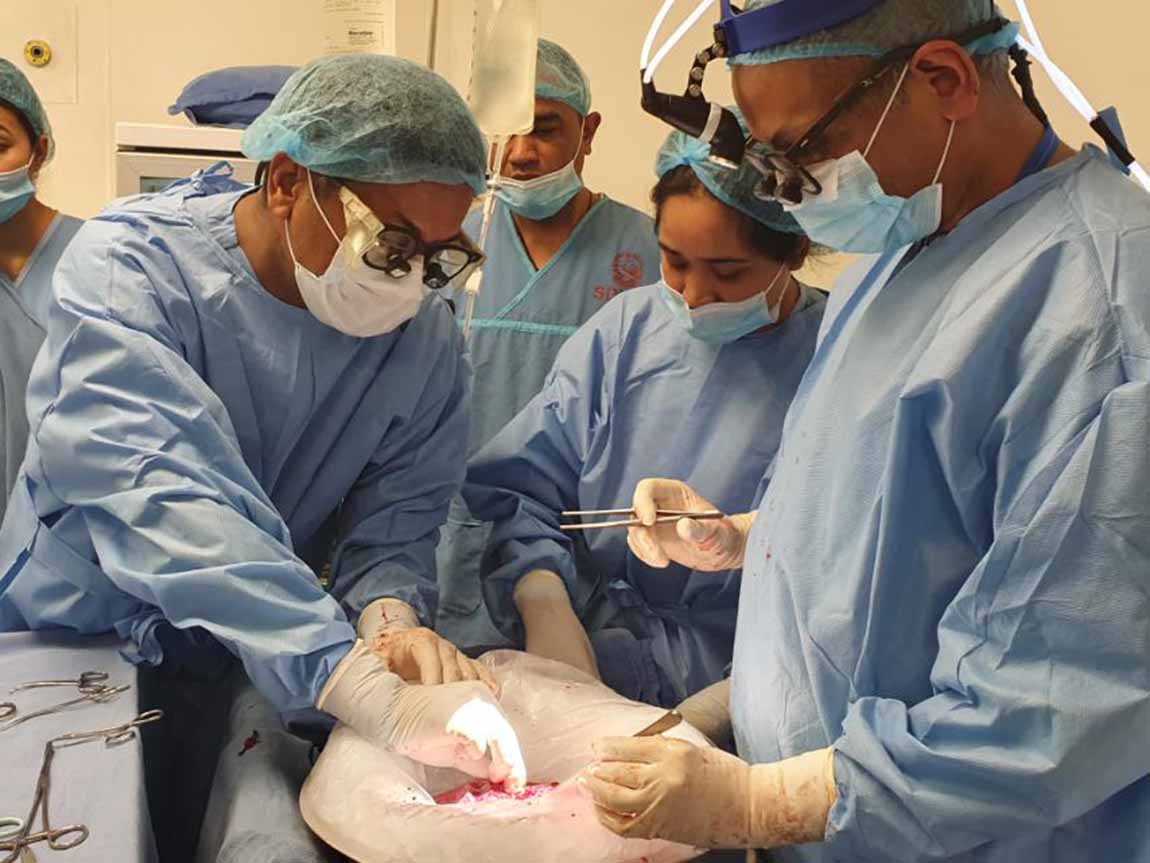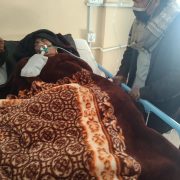How to keep a transplanted kidney healthy after discharge?

Our good health is the real wealth of our life. Kidney transplantation improves a patient’s quality of life, however that quality is still lower than that of the general population.
Transplanted Kidney is more likely to work for longer if you keep it healthy. To keep a transplanted kidney healthy patient should follow the following instructions:
- Infection prevention
The anti-rejection medicine (immunosuppression) lowers your immune system and you are more prone to viral and other infection. Minor infections such as UTI, colds and flu are common after kidney transplant. You can also get more serious infections Such as pneumonia and cytomegalovirus (CMV). To prevent infection you need to0 pay close attention to hygiene (wash your hands thoroughly) and avoid sick people, crowded places and activities that could put you at risk of infection. And patients should avoid live vaccine.
- Medication
Patient must take immune-suppressant drugs (Tacrolimus, Mycophenolate) for the rest of their lives to graft rejection. Take all your medications every day and at the same time as instructed. Discuse any medication concerns or side effects with your transplant team.
- Life Style modification
Diet, nutrition and exercise
After transplantation diet plays a big role. Your diet may be affected by medicines which prevent rejection. Some medicines can cause increase in appetite, blood fats (like cholesterol and triglycerides), blood sugar levels, potassium and blood pressure.
Most people with a kidney transplant have few dietary restrictions, but it’s important to eat a healthy diet. In general, you should eat a heart- healthy diet (low fat, low salt) and drink plenty of fluids. If you have diabetes or other health problems, you may still have some dietary restrictions. A dietitian can help you plan meals that are right for you.
After a transplant many people gain unwanted weight. It is important to eat the right diet plan for weight management as well as blood sugar control. Controlling your weight will lower your chance of having problems such as heart disease, diabetes and high blood pressure. If you gain unwanted weight, you will need to exercise well and follow low calorie diet. Patient should start regular exercise such as walking or cycling but should avoid heavy lifting.
- Sign of rejection
- Tenderness or pain over the kidney transplant .
- A general achy feeling.
- Swelling in the hands and feet.
- An elevated temperature.
- A rapid weight gain.
- An increase in blood pressure.
- An increase in blood creatinine.
- A decrease in urine output.
If any of these signs and symptoms are present then patient has to visit hospital as soon as possible.
- Follow Up
The purpose of follow up is to track your recovery progress and detect any potential complications as early as possible. It is important to take care of your overall health with your transplant. Having routine health screenings will help guide your care. You will also need regular blood tests to help find out how well your kidney is working, and to watch the levels of immunosuppresant medications (TAC level). This will also help find any possible problems early, when treatment works best.
क्याटेगोरी : English, विचार
















तपाईको प्रतिक्रिया दिनुहोस